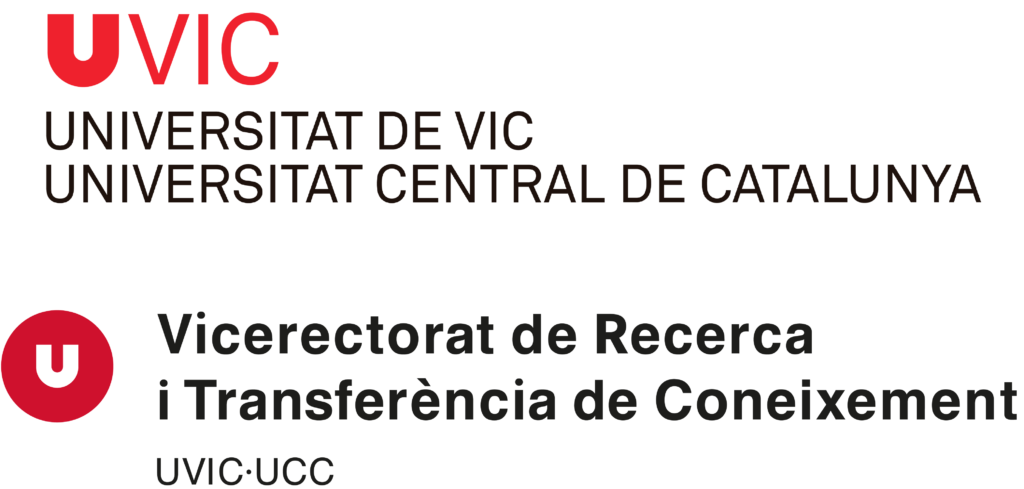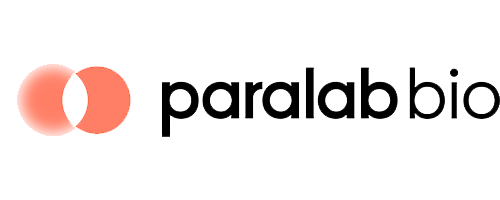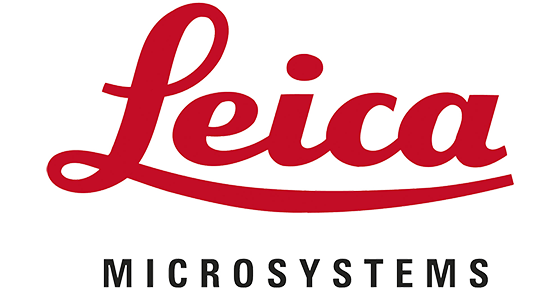Indemnification Agreements in Georgia
As businesses and individuals engage in various transactions and agreements, it is essential to protect themselves from possible legal liabilities. One way to do this is through indemnification agreements. In Georgia, the law recognizes indemnification agreements and affords parties a certain level of protection. This article will examine indemnification agreements in Georgia and their importance in protecting parties from legal liabilities.
Indemnification agreements are contracts in which one party agrees to compensate the other party for any losses or damages that may arise from the transaction or agreement. Typically, the party that is providing indemnification is assumed to be in a better financial position to take on the risks associated with the transaction or agreement. For example, a contractor may agree to indemnify a property owner against any claims that may arise from work done on the property.
Under Georgia law, indemnification agreements are enforceable as long as they are not against public policy or prohibited by law. In addition, Georgia allows for both express and implied indemnification agreements. An express indemnification agreement is a contract that specifically outlines the indemnification provision. An implied indemnification agreement, on the other hand, is not explicitly stated in the contract but is implied by law or the circumstances of the agreement.
In Georgia, there are two types of indemnification agreements: limited and unlimited. A limited indemnification agreement only covers losses or damages up to a certain amount, while an unlimited indemnification agreement covers any potential loss or damage. It is essential to have a clear understanding of the scope and limitations of the indemnification agreement before entering into any transaction or agreement.
One of the key benefits of indemnification agreements is the protection they provide against legal liabilities. In Georgia, parties can use indemnification agreements to shift risks and responsibilities between themselves. For example, a company may agree to indemnify its employees against any claims that may arise from the performance of their job duties. This indemnification protects the employees from the legal liabilities associated with their job, allowing them to focus on their work without fear of legal repercussions.
Furthermore, indemnification agreements often include provisions for the payment of attorney fees and costs associated with any legal action that may arise. This provision ensures that the indemnified party is not left with the burden of paying for legal expenses in the event of a dispute.
In conclusion, indemnification agreements are an essential tool for protecting parties from legal liabilities. In Georgia, the law recognizes and enforces indemnification agreements as long as they are not against public policy or prohibited by law. Parties should use these agreements to shift risks and responsibilities between themselves and ensure they are protected from any potential legal liabilities.
















